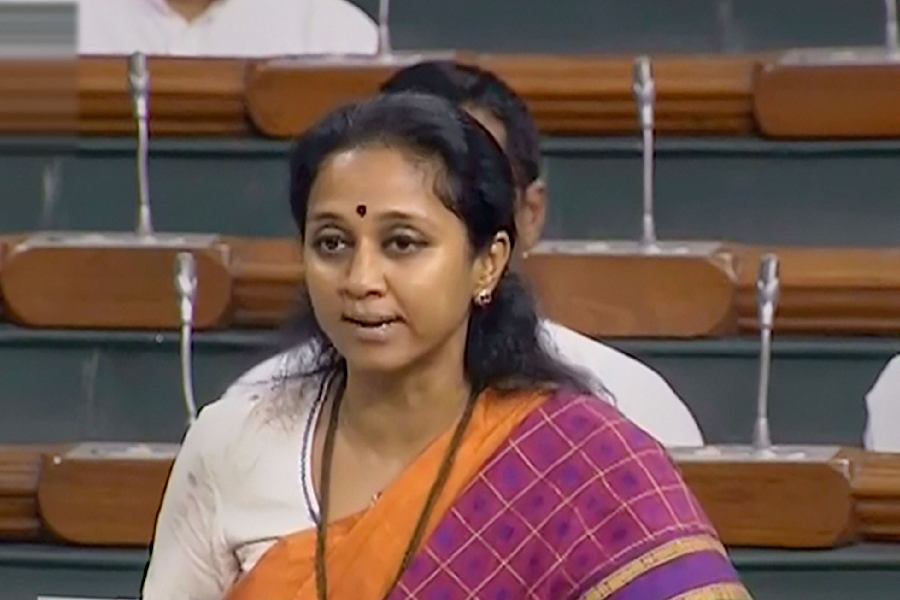
Nationalist Congress Party (NCP) lawmaker Supriya Sule has called for the passage of the Women’s Reservation Bill, which aims to reserve 33% of Lok Sabha and assembly seats for women. Her appeal comes after leaders from various political parties advocated for the bill during an all-party meeting ahead of the special five-day Parliament session.
Support for Women’s Reservation Bill
Sule emphasized that women constitute 50% of the population, urging Parliament to deliberate on the bill. She suggested that Prime Minister Narendra Modi could take the initiative to bring the bill for women’s reservation in Parliament and assemblies, assuring full support from lawmakers.
Historical Background
The Women’s Reservation Bill was approved by the Rajya Sabha in 2010 but faced disruptions and was not pushed through the Lok Sabha by the then Congress-led United Progressive Alliance government. Opposition from allies like the Rashtriya Janata Dal (RJD) and Samajwadi Party, who demanded quotas for Scheduled Castes and Scheduled Tribes within the proposed quota, contributed to the bill’s stagnation.
Parliament’s Functioning
Sule also raised concerns about the decreasing number of Parliament sittings and called for more sessions to ensure effective governance. She noted that a record number of ordinances had been introduced, emphasizing the need for increased Parliament days.
Criticism of Prime Minister Modi
In her address, Sule criticized Prime Minister Modi for referring to the NCP as a “Naturally Corrupt Party” and accusing her party of corruption.
Conclusion
Sule’s call for the passage of the Women’s Reservation Bill highlights the importance of gender equality and increased representation of women in Indian politics. The bill’s fate in the current session and the government’s response will be closely watched by advocates of women’s rights and political reform.
![]()




